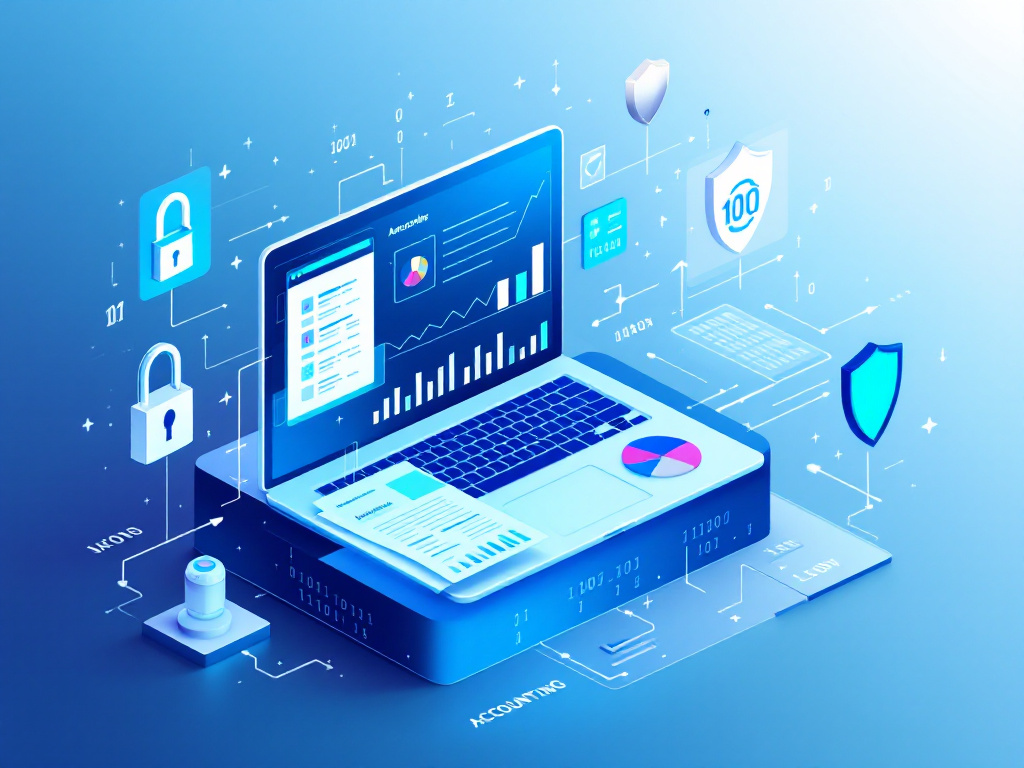7 Critical Cybersecurity Best Practices for Accounting Firms in 2024
In today’s digital landscape, accounting firms handle vast amounts of sensitive financial data, making them prime targets for cybercriminals. As a trusted IT support and cybersecurity services provider, Level3MD understands the unique challenges faced by accounting professionals. In this post, we’ll explore seven essential cybersecurity best practices that every accounting firm should implement to protect their clients’ data and maintain the integrity of their operations.
1. Implement Multi-Factor Authentication (MFA)
Multi-Factor Authentication (MFA) is a security process that requires users to provide two or more verification factors to gain access to an account or system. It significantly reduces the risk of unauthorized access, even if passwords are compromised.
For accounting firms, implementing MFA means:
- Enabling MFA on all accounting software and client portals
- Using MFA for email accounts, especially those handling sensitive financial information
- Considering biometric factors (fingerprint, facial recognition) for added security
The benefit? MFA dramatically decreases the likelihood of successful account breaches, providing an essential layer of protection for your firm’s sensitive data. As part of our Managed IT Services, we can help you implement robust MFA across your systems.
2. Encrypt Sensitive Data
Encryption is crucial for protecting financial data both at rest (stored on servers and devices) and in transit (moving across networks). Here’s how accounting firms should approach encryption:
- Use end-to-end encryption for client communications
- Employ strong encryption algorithms for financial databases
- Ensure encrypted backups of all sensitive data
Proper key management is essential: establish strict protocols for encryption key storage and access. Remember, encryption not only protects your data but also helps meet regulatory requirements like GDPR and CCPA. Our Cybersecurity Services include state-of-the-art encryption solutions to protect your firm’s sensitive data.
3. Conduct Regular Security Awareness Training
Human error is often the weakest link in cybersecurity. Regular training can significantly reduce this risk. Aim to conduct training sessions at least quarterly, with ongoing reminders.
Key topics to cover include:
- Recognizing phishing emails and social engineering attempts
- Safe browsing habits and password management
- Proper handling of sensitive financial data
- Incident reporting procedures
Use a mix of in-person training, online courses, and simulated phishing tests. To gauge effectiveness, track improvements in staff responses to security tests over time.
4. Employ Robust Backup and Recovery Solutions
For accounting firms, data loss can be catastrophic. Implement the 3-2-1 backup rule:
- 3 copies of data
- 2 different media types
- 1 copy stored off-site
Ensure your backup strategy includes:
- Automated, regular backups to minimize human error
- Encryption of all backups, especially off-site copies
- Regular testing of the restoration process
- A clear retention policy for different types of data
Remember, it’s not just about having backups – it’s about being able to restore them quickly and completely when needed. Learn more about our comprehensive Data Backup and Recovery solutions tailored for accounting firms.
5. Utilize Advanced Endpoint Protection
With the rise of remote work, endpoint protection is more critical than ever. Look for solutions that offer:
- Real-time threat detection and response
- Behavioral analysis to catch unknown threats
- Application control and whitelisting
Ensure your endpoint protection covers all devices accessing firm data, including mobile devices and home computers. Keep the software current to defend against the latest threats, and integrate it with other security tools for a unified defense.
6. Implement a Zero-Trust Architecture
Zero-trust follows the principle of “never trust, always verify” – treating all network traffic as potentially hostile. For accounting firms, especially those with remote workers, this approach is invaluable.
Implementation steps include:
- Identifying sensitive data and assets
- Mapping the flows of sensitive data
- Architecting a zero-trust network
- Creating policies for access control
The benefits? Better protection for remote workers, minimized impact if a single device or account is compromised, and improved visibility into network activity and potential threats. Our experts can help you transition to a zero-trust model as part of our Cloud Computing services.
Conduct Regular Security Audits and Penetration Testing
Proactive security measures are essential. Regular security audits should include:
- Review of security policies and procedures
- Assessment of compliance with industry standards (e.g., SOC 2, NIST)
- Evaluation of access controls and user privileges
Complement these with penetration testing:
- Simulated attacks to identify vulnerabilities in systems and networks
- Testing of both external and internal security measures
- Social engineering tests to assess staff preparedness
Aim for comprehensive audits annually, with more frequent targeted assessments. Most importantly, develop and implement action plans based on the results.
In an era where cyber threats are constantly evolving, accounting firms must prioritize cybersecurity to protect their clients’ sensitive financial information and maintain trust. By implementing these seven best practices, firms can significantly enhance their security posture and mitigate the risk of data breaches. Remember, cybersecurity is not a one-time effort but an ongoing process that requires vigilance and expertise.
At Level3MD, we specialize in providing tailored IT support and cybersecurity solutions for accounting firms. With our 24/7 support and commitment to resolving IT issues in under 30 minutes, we ensure that your firm’s data remains secure, allowing you to focus on serving your clients.
Ready to strengthen your firm’s cybersecurity defenses? Contact Level3MD today for a free cybersecurity assessment. Let’s work together to protect your firm’s future.
For more cybersecurity insights, check out our Make Me Cyber Safe – Blogs section.


